The HR teams that succeed in 2026 will balance empathy with facts, technology with people, and data with action. In this blog post, we will explore seven HR trends for 2026 and how to prepare for them.
As we head into 2026, it’s clear the world of work is changing faster than ever. And it’s no secret that HR’s role has evolved too. As Gartner puts it, HR isn’t just about admin and policy anymore, it’s about shaping culture, driving performance, and leading change from within to create a better employee experience. Get your HR Trends Report 2026 today!
The year HR becomes truly strategic
Artificial intelligence, people analytics, and a renewed focus on employee experience are transforming how organisations attract, engage, and retain talent while shaping the very essence of company culture. These HR functions have evolved from supportive roles into essential strategic drivers. In today’s landscape, they are not only foundational but also a defining source of competitive advantage.
The HR teams that succeed in 2026 will balance empathy with facts, technology with people, and data with action. In this blog post, we will explore seven HR trends for 2026 and how to prepare for them. These trends will shape the future of work.
Woman by computer:format(png)/f/288714721386412/4da30962f7/shutterstock_2488685749.png)
AI becomes HR’s most powerful copilot
The era of AI in HR is no longer approaching, it has already arrived. By 2026, HR teams will harness artificial intelligence to streamline processes, analyse feedback, and uncover trends that once took months to identify.
AI will enable early detection of burnout, highlight potential turnover risks, and suggest personalised development paths. Yet its greatest strength lies not in replacing the human element but in enhancing it. When combined with empathy and human judgment, AI becomes a powerful ally. Managed effectively, AI-driven HR technology will be nothing short of a game changer.
Tip: Use AI to surface insights — but let people drive the conversation.
Data-driven HR becomes the new standard
By 2026, data-driven HR will be an absolute necessity. What was once seen as a progressive idea has become the cornerstone of modern people strategies, influencing everything from talent acquisition and management to the daily work of people managers and HR professionals across functions.
A data-driven approach empowers organisations to move beyond reactive decision-making. With advanced analytics, HR teams can make smarter choices that enhance how they attract, develop, and retain talent, ultimately building a more resilient and engaged workforce.
The most forward-thinking HR teams are already turning data into powerful narratives that guide leadership decisions and drive meaningful action. Data will no longer sit idle in spreadsheets, instead, HR professionals will rely on intuitive dashboards that provide real-time insights into engagement, well-being, and performance.
Tip: Start making strategic decisions in real-time.
Discover real-time Pulse Surveys
Employee experience becomes the ultimate differentiator
By 2026, Employee Experience (EX) will evolve beyond measuring satisfaction. The real question will no longer be “Are our employees satisfied?” but rather “Do they feel valued, empowered, and heard — every single day?”
Organisations that truly stand out will create employee experiences that are both personalised and flexible, recognising that one size no longer fits all. They will cultivate feedback cultures built on trust, where listening is continuous and action follows insight. Purpose, recognition, and growth will no longer exist in isolation but will be aligned to form the foundation of a meaningful employee experience.
With Eletive, we were able to move from assumptions to data-driven decisions.
Learn how Drei is developing their EX with Eletive
Continuous feedback replaces annual reviews
Annual performance reviews and employee surveys are quickly becoming relics of the past. The modern workplace is moving away from old, yearly evaluations.
It is adopting a better culture of ongoing conversations between employees and people managers. Instead of waiting for a single, high-pressure meeting, managers will adopt a model of ongoing coaching and feedback.
This approach will use advanced AI tools. These tools will give real-time insights into employee engagement and performance. They will also show individual development opportunities. This will help create a more responsive and growth-focused environment.
Tip: Take action on real-time reports.
Discover Eletive real-time reports
Well-being and psychological safety take the stage
Employee well-being at work is not just a bonus anymore. It has become a key priority for any organisation that wants to succeed and innovate.
The best companies understand this change. They actively include mental health, psychological safety, and inclusion as key business goals, not just extras.
These organisations focus on more than just surface-level efforts. They strive to create environments that value and support every employee. Employees should feel safe to share their ideas and take smart risks. They should be able to be their true selves without fear of punishment.
HR teams are ready to play a key role in this change. They will create and carry out plans that promote clear communication, support new ideas, and strengthen teamwork. HR will focus on creating spaces where employees feel safe to speak up, innovate, and be themselves. When people feel psychologically secure, they perform better and stay longer.
Tip. Incorporate 1-on-1s between managers and employees.
Smarter hybrid work is here to stay
One of the most important HR trends 2026, is how to manage remote working. Hybrid work is no longer an experiment. It’s the new normal, reshaping how organisations operate.
As we look to 2026, we will focus on building smarter hybrid cultures. These cultures will connect teams that spread remotely. Engagement analytics will be a crucial tool for HR in these teams to be able to take data-driven decisions based on regular feedback.
In hybrid teams, where managers are not always physically present, data becomes a vital bridge that connects people, performance, and purpose. It provides visibility into how teams are working, collaborating, and feeling — insights that are often harder to sense from a distance. With the right data, managers can identify early signs of disengagement, understand workloads, and ensure that no one is overlooked.
The key is to use this information to build genuine connections and trust. Clarity around roles, responsibilities, and goals remains essential, but data helps reinforce these foundations with evidence rather than assumption. By combining people analytics with open communication and thoughtful leadership, organisations can create an environment where flexibility and teamwork thrive together. Every team member, regardless of location, can feel supported, engaged, and aligned with the broader mission.
Tip: Enable a culture of self-leadership in hybrid organisations.
Discover Self-leadership features
HR becomes a core strategic partner
Perhaps the most exciting transformation of all, HR will fully take its place as a strategic business partner. Modern HR leaders will use engagement and performance data to shape their strategy. They will also predict workforce needs. Additionally, they will guide cultural change while supporting business growth.
To become a strategic partner, HR needs the right resources, tools, and support. This helps align its initiatives with the organisation's goals and create a real impact.
:format(png)/f/288714721386412/8bc74e1c86/ewebinar__1_.png)
Increase engagement with Eletive
The future of HR is human and data-driven
The future of HR is not about choosing between people and technology. The focus is on using technology to help people. By leveraging advanced analytics and innovative tools, HR can enhance employee experiences and drive engagement. This means understanding what motivates employees, identifying areas for improvement, and implementing strategies that foster a positive workplace culture.
As HR becomes more data-driven, leaders must improve their analytical skills. This will enable them to interpret data effectively and make informed decisions that benefit both employees and the organisation.
Collaboration will also play a crucial role in this transformation. HR professionals must work closely with other departments. This will help make sure their strategies match the overall business goals.
By building strong relationships within the organisation, HR can understand the needs of different teams better. This helps them adjust their initiatives to fit those needs.
In this new landscape, continuous learning will be vital. HR leaders must stay updated on the latest trends and technologies to remain competitive. This commitment to growth will improve their skills. It will also help their teams succeed in a changing environment.
Ultimately, the future of HR is about creating a harmonious balance between human connection and technological advancement. By focusing on both areas, organisations can build a workforce that is productive, engaged, and fulfilled. Join us in exploring these exciting developments and discover how Eletive can help you navigate this journey.
In 2026, AI will enhance human connection, data will drive empathy, and HR will shape the future of work like never.
Those who combine insight, innovation, and heart will lead the way.
:format(png)/f/288714721386412/cfe8ba24da/hr-trends-2026-cover.png)
HR Trends 2026
Future-proof your HR strategy for 2026
Eletive is the top choice for HR teams and leaders who want to engage employees. They prefer a data-driven and people-focused approach. Built on proprietary technology, the platform continues to evolve and adapt to the changing landscape of work.
Get the tools you need to measure and increase engagement and performance, and build a culture of self-leadership. Discover how Eletive helps leading organisations build data-driven, people-first cultures.
→ Book your personalised demo and see how AI-powered engagement insights can support your HR strategy.












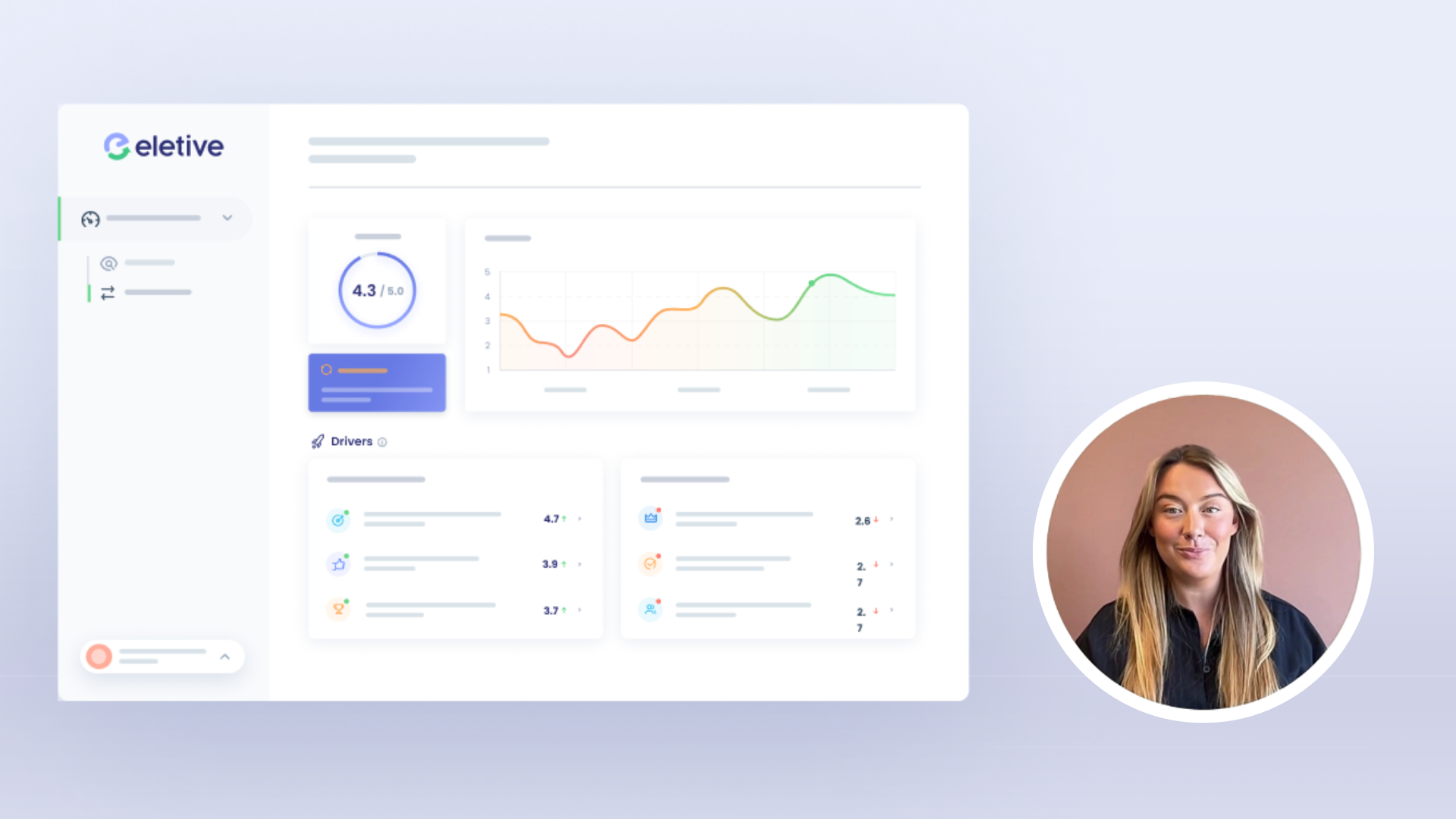



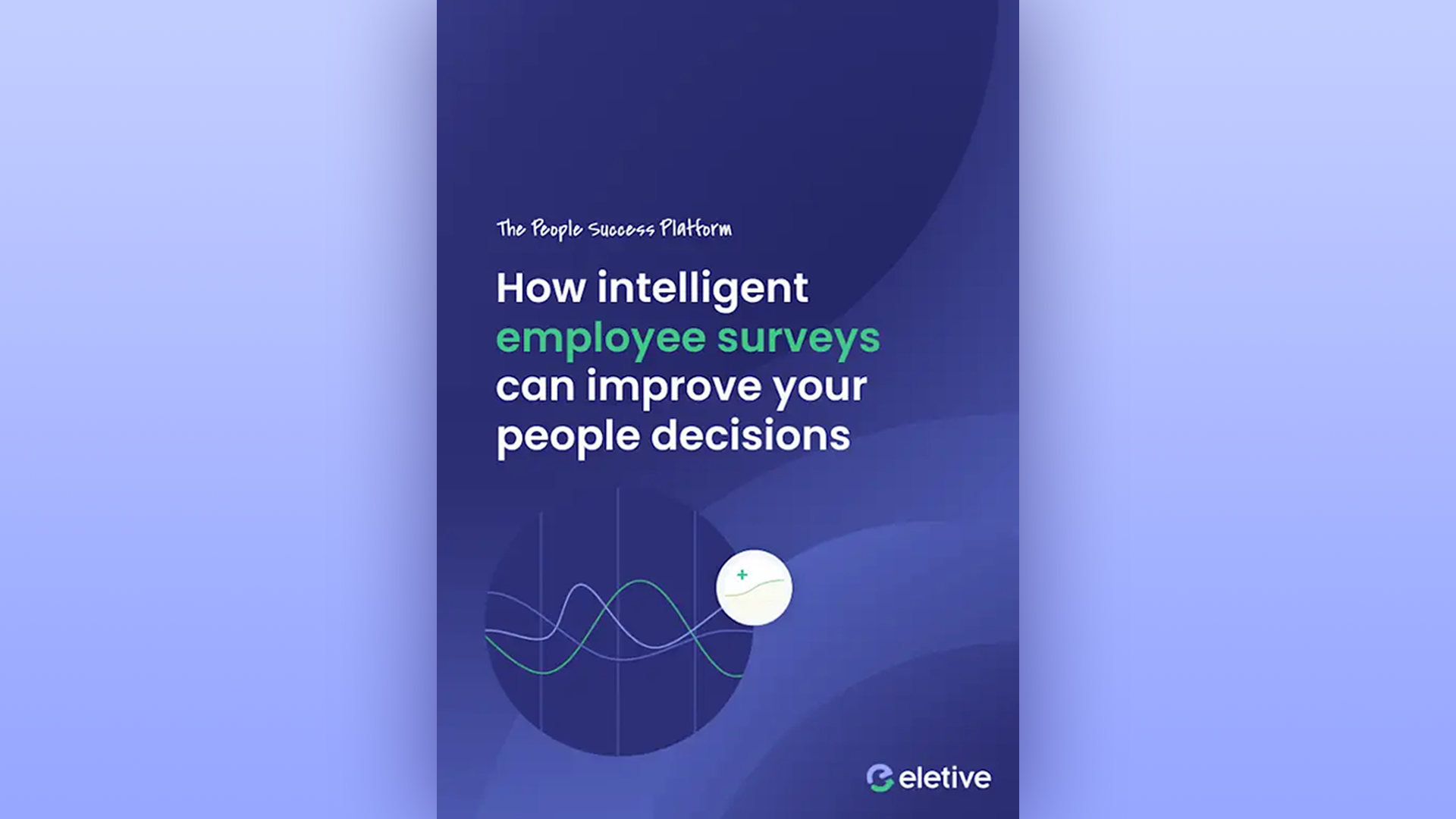




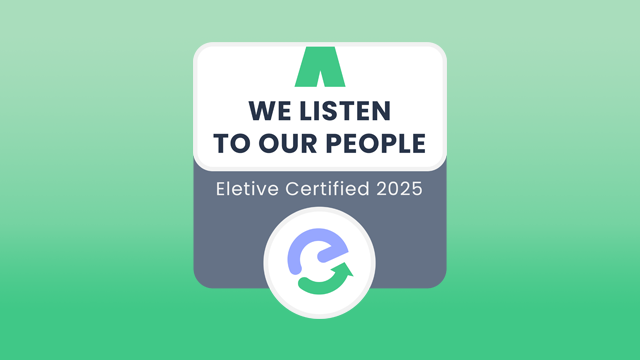




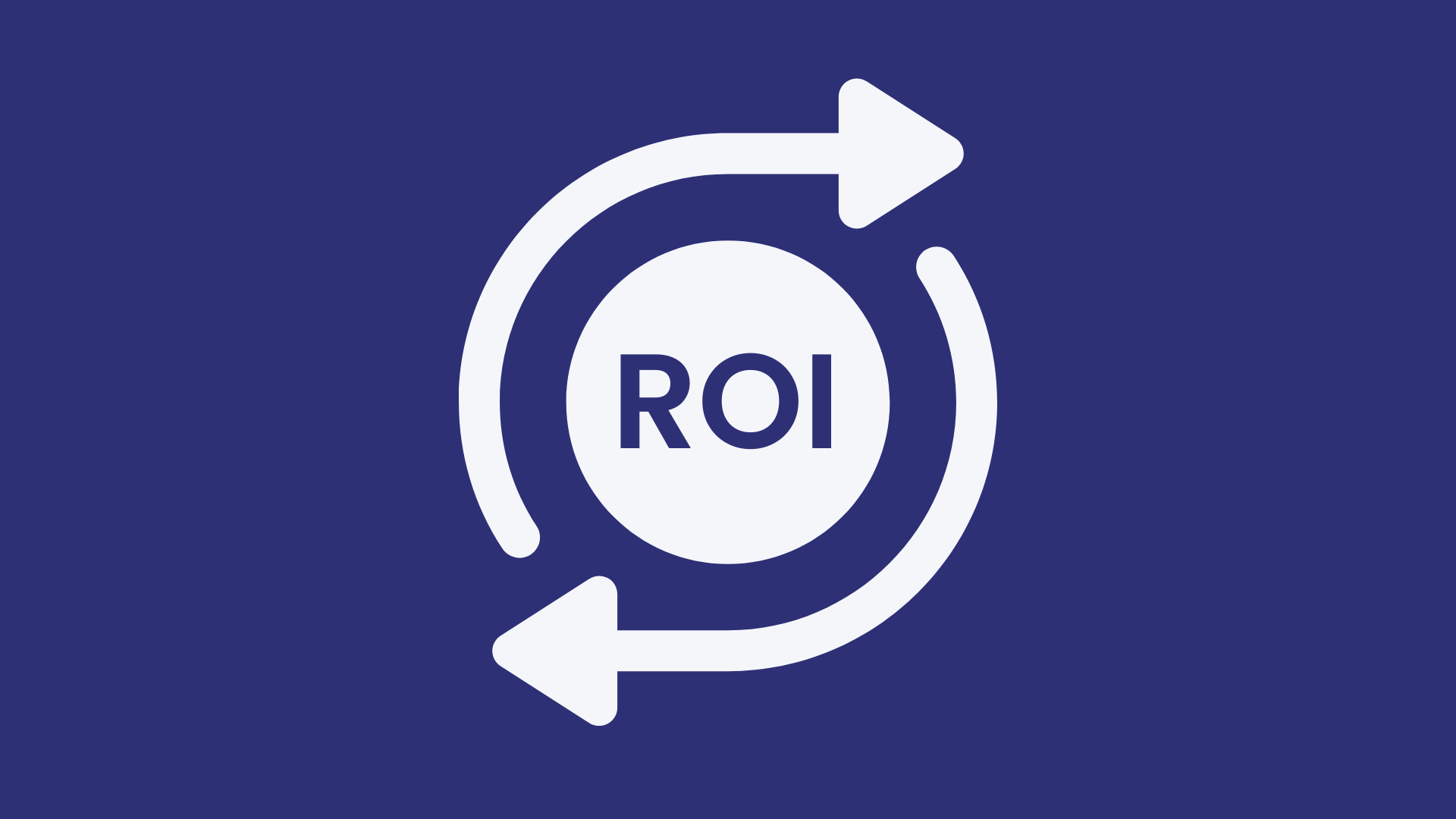
:format(jpeg)/f/288714721386412/a906f14dff/blog-hr-trends-2026-ai-data-and-employee-experience-hero_media.jpg)
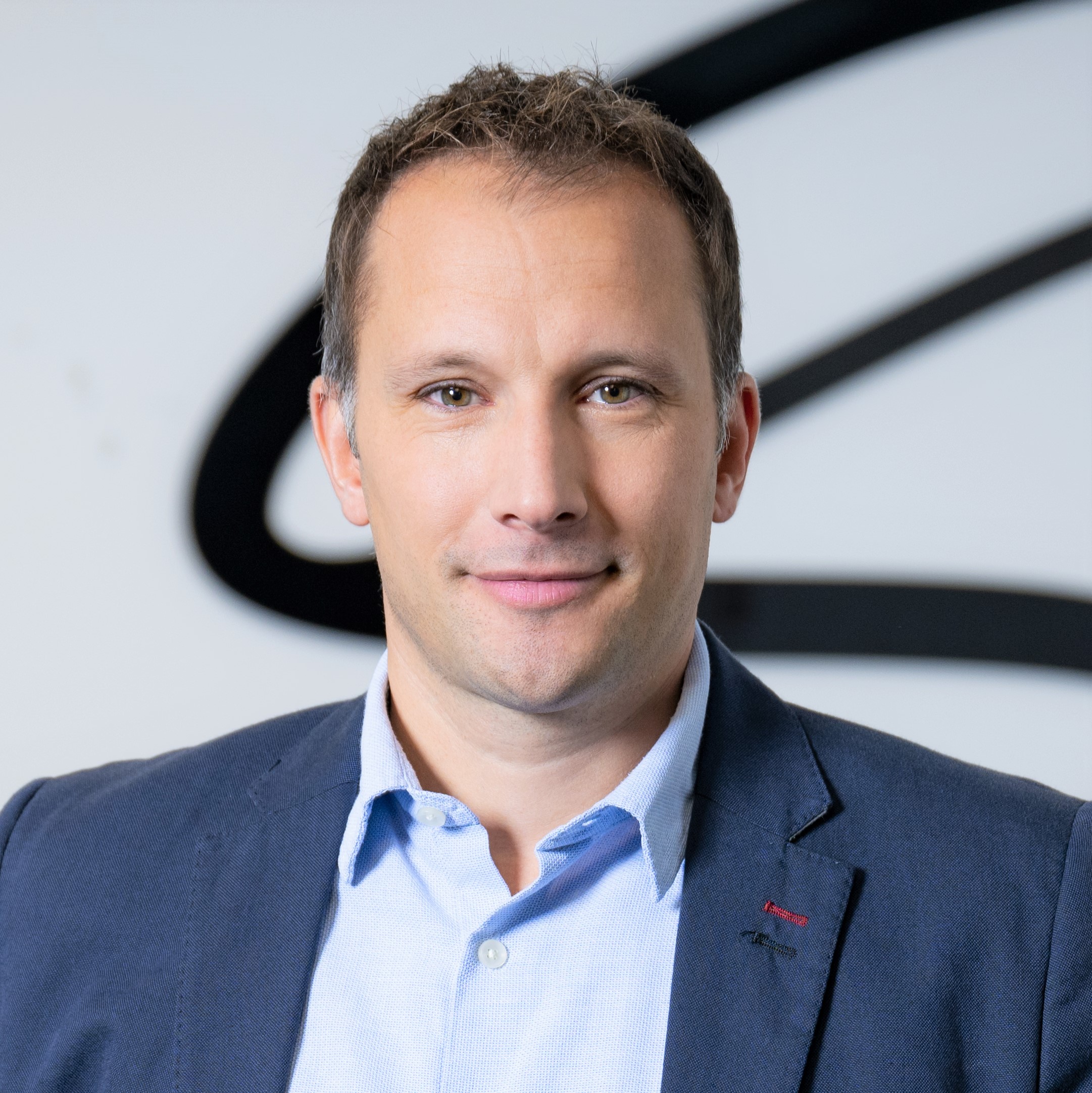
:format(jpeg)/f/288714721386412/1280x720/94229f239a/blog-11-best-people-analytics-tools-in-2026.jpg)
:format(jpeg)/f/288714721386412/e490991a3d/blog-employee-feedback-software-hero_media.jpg)
:format(png)/f/288714721386412/1200x675/4bf26615f3/virtual-hr-event-people-success-2026.png)